Inspiration for Akhand Bharat
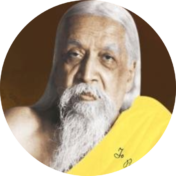
Maharshi Arvind
On August 14, 1947, a day before August 15, Maharishi Arvind had said in a message to Radio Tiruchapally to the nation, "This freedom will be considered incomplete unless the integrity of India land is fulfilled. This nation is undivided and can never be fragmented. "
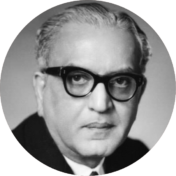
Justice Md. Karim Chhagla
"The real complaint to me is that not only the Kelv Congress but Mahatma Gandhi also remained indifferent to the nationalist Muslims. He gave importance to Jinnah and his communal followers. I am sure if he had supported us, we would have denied everything Jinnah said and made enough Muslims nationalist in the early days of the divisive movement. "
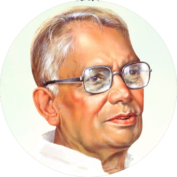
Loknayak Jay Prakash Narayan
We all, that is, India, Pakistan and Bangladesh, are actually residents of the same nation, India. Our political units may be different, but our nationality has remained the same and that is Indian.
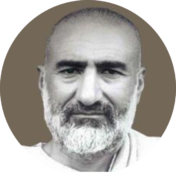
Khan Abdul Gaffar Khan
Maulana Azad and Khan Abdul Ghaffar Khan were the biggest opponents of partition and had raised their voice against it, but apart from them there were many others like Maulana Sajjad, Maulana Hafiz-your-Rahman, Tufail Ahmed Mangalore of Bhawan-e-Sharia who actively opposed the divisive politics of the Muslim League
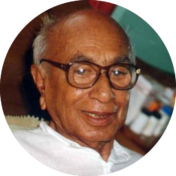
Gulam Murtaza Sayyad - Founder of Jie Sindh
"The history of the last forty years is a testimony to the fact that partition has not benefited anyone. If India had been basically fragmented today, it would not only have become the world's largest power, but it would have played a key role in maintaining peace and tranquillity in the world. ""
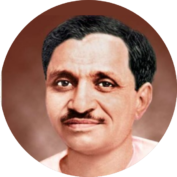
Deen Dayal Upadhyay
Deendayal Upadhyaya issued a statement in 1962 with a joint signature with Dr. Ram Manohar Lohia stating that history has proved that India and Pakistan have been divided on functional grounds. So these countries should reunited and become a "federation".
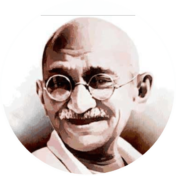
Mahatma Gandhi
When the plan for partition of India was announced on June 3, 1947, Mahatma Gandhi's first reaction was to Dr. Rajendra Prasad and said, "I only see evils in this scheme".
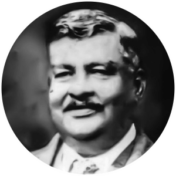
Gulam Hussain Hidayatullah
Ghulam Hussain Hidayatullah, who was the Chief Minister of Sindh province from 1937-38 and then from 1942 to 47, opposed the idea of partition of India.
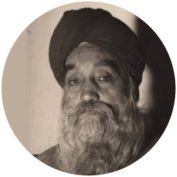
Master Tara Singh
Khalsa Diwan and Shiromani Akali Dal led by Master Tara Singh had strongly condemned the partition of India on the basis of religion.
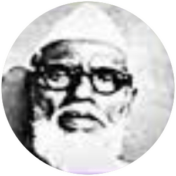
Abdul Matlib Mazumdar
Actor Abdul Matlib Majumdar from Eastern India (today's Bangladesh) supported Hindu Muslim unity and strongly opposed the partition of India.
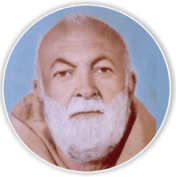
Abdul Samad Khan
Abdul Samad Khan opposed the principle of nationalism and advocated a united India.
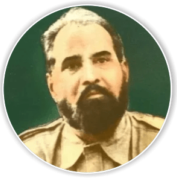
Allama Mashriki
Allama Mashriki was the leader of the Khaksar movement. His organization propagated in society that the principle of two nations on the basis of religion was being propagated by the British as a conspiracy to maintain their rule over the country. Allama Mashriki had predicted that division on the basis of religion would promote cross-border extremism and religious superstition and bigotry. He said muslim leaders who support partition are hungry for power and that is why they are helping the British.
Md. Abul Kalam Azad
Reacting first to the partition of India, Mohammad Abul Kalam Azad had said, "Becoming Pakistan is not only dangerous for India but also for Muslims now. "
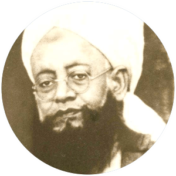
Sayyad Hussain Ahmad Madani
Syed Hussain Ahmad Madani wrote a book: Muttahida Kaumiyat and Islam. In this book, he gave a detailed account of the marriage culture of Hindu Muslims and opposed the partition of India and Pakistan.
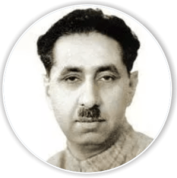
Allah Baksh Sumro
The then Chief Minister of Sindh province Allah Bakhsh Sumro strongly opposed the partition of India. He presided over the All India Azad Muslim Conference. He had said that it is against the principles of Islam for Muslims to demand a separate nation on the basis of religion.
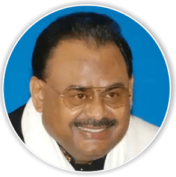
Altaf Hussain
Altaf Hussain, a senior Muslim leader from today's Pakistan region, formed a political party called the Muttahida Qaumi Movement. He had termed the partition of India as the "greatest blender". He termed the division as a division not only of countries but also of blood, division of culture, brotherhood and division of relationship.
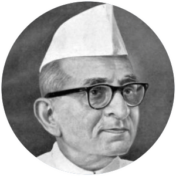
Kanhaiyalal Maniklal Munshi
Kanhaiyalal Maniklal Munshi had termed India's opposition on the basis of religion as a conspiracy by the British under the imperialist policy of "Divide and Rule" and he gave the slogan of 'Akhand Hindustan'.
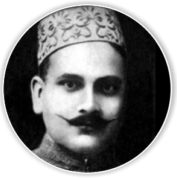
Khwaja Atikulla
Khwaja Atiq Ullah, brother of the Nawab of Dhaka, had collected the signatures of 25,000 people to protest against the partition of India and submitted a memorandum to the British Government and opposed the partition of India.
Political parties opposing partition
Communist Party of India
The Communist Party of India opposed the partition of India and did not participate in the Independence Day celebrations of August 15, 1947 to protest against the partition of the country.
Indian National Congress
The Indian National Congress strongly opposed the partition of India, though it was later reluctantly accepted after the failure of the Cabinet Mission Plan.
Kisan Praja Party
The Kisan Praja Party termed the idea of a partition plan as "absurd and meaningless".
Sindh United Party
The Sindh United Party said that "whatever religions we should live together in our country should be the relationship of many brothers of a joint family, various members of whom are free to claim their faith because they want without knowing or obstructing and of which they get the same benefit of their joint property.
Unionist Party (Punjab)
The Unionist Party (Punjab), which is the base of Muslims, Hindus and Sikhs, opposed the partition of India from the perspective of seeing Punjabi asmita as more important than a religious identity.
All India Jamhoor Muslim League
Ghafoor Ahmed Ejaz established the All India Jamhoor Muslim League to support United India (1940). In 1940, the party was formed to oppose Jinnah's plan for Pakistan.
All India Momin Conference
The All India Momin Conference saw itself as a vocal voice to the interests of the common man rather than the upper class Muslims and passed a resolution against the partition of India in 1940. It says, "The partition plan was not only impractical and unpatriotic but completely unpatriotic but completely unscientific and unnatural, because the geographical location of different provinces of India and the population of Hindus and Muslims are against this proposal and because the two communities have been living together for centuries, and many things are common between them.
All India Muslim Majlis
The All India Muslim Majlis had called it "impractical" opposing the partition of India
All India Shia Political Conference
The All India Shia Political Conference opposed the idea of forming Pakistan as against the partition of colonial India. It also supported the common voters.
Anjuman-e-Watan Balochistan
Anjuman-e-Watan Balochistan associated itself with the Indian National Congress and opposed the partition of India.
Central Khalsa Young Men Union
The Central Khalsa Young Men Union, like other Sikh organizations, declared its "clear opposition" to the creation of a separate Muslim state in northwestern India.
Chief Khalsa Diwan
Chief Khalsa Diwan, like other Sikh organizations, declared his "clear protest" for the creation of a separate Muslim state in northwestern India.
All India Hindu Mahasabha The All India Hindu Mahasabha opposed the partition of India and did not participate in the Independence Day celebrations of August 15, 1947 to protest against the partition of the country.